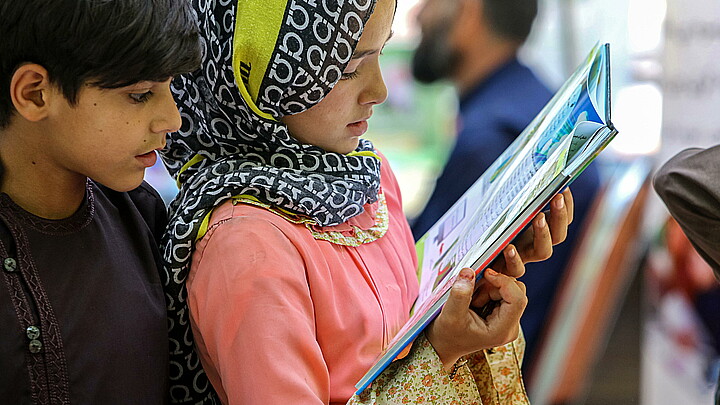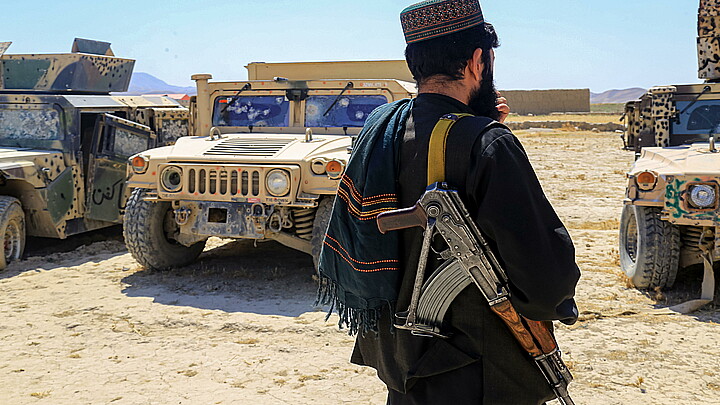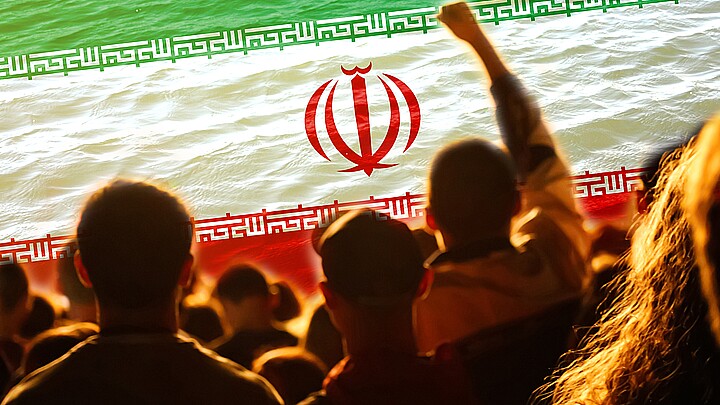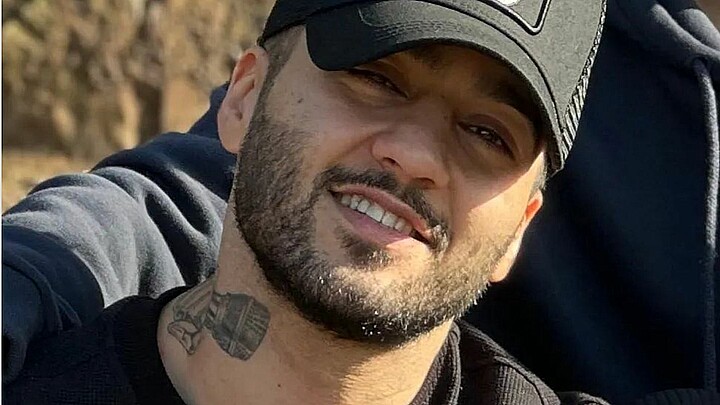Human Rights
Iran, who offered a reward for Rushdie's death, denies involvement in his stabbing
They blamed the author and his supporters.
August 15, 2022 6:24pm
Updated: August 16, 2022 11:04am
Iran denied on Monday any involvement in the knife attack on author Salman Rushdie before a lecture in upstate New York, despite the government’s support for a $3.2 million bounty on his head.
In 1989, Iran’s late leader Ayatollah Ruhollah Khomeini issued a fatwa, or edict, calling for the death of Rushdie and his publishers.
“We, in the incident of the attack on Salman Rushdie in the U.S., do not consider that anyone deserves blame and accusations except him and his supporters,” said Nasser Kanaani, spokesman for Iran’s Foreign Ministry, in a statement.
A prominent Indian-British writer, Rushdie’s 1988 novel, The Satanic Verses, contain a fictionalized account of the Prophet Muhammad’s life, sparking a backlash by among conservative Muslims who deemed it blasphemous and a mockery of their faith. The book was banned in several countries, including Iran, India and Pakistan.
Iran’s response comes after Secretary of State Antony Blinken accused Tehran of provoking the attack on Sunday.
“Iranian state institutions have incited violence against Rushdie for generations, and state-affiliated media recently gloated about the attempt on his life,” Blinken said in a statement.
“This is despicable.”
Rushdie went into hiding after the issuance of the fatwa, whose status has been in flux. In 1998, Iran’s reformist President Mohammad Khatami said his country’s decade-long vendetta against the novelist was “completely finished” while speaking to reporters about how he wanted to forge stronger relations with the U.S.
But Ayatollah Ali Khamenei, who succeeded Khatami and remains in power today, declared in 2005 that the fatwa was still valid. In 2016, Iranian media outlets fundraised $600,000 to add to the bounty, bringing it to $3.2 million.
“By offending Islamic holiness and crossing the red line for more than 1.5 billion Muslims, he exposed himself to public wrath and fury,” spokesperson Kanaani said.
“Followers of divine religions were offended at the time and still are.”
Rushdie was stabbed three times in the neck and four times in the stomach, in addition to wounds in his right eye and two in his chest, reports The Wall Street Journal.
The suspect, 24-year-old Hadi Matar, pleaded not guilty a second-degree attempted-murder charge and a second-degree assault charge on Saturday and is being held without bail. The motive is not yet clear.










